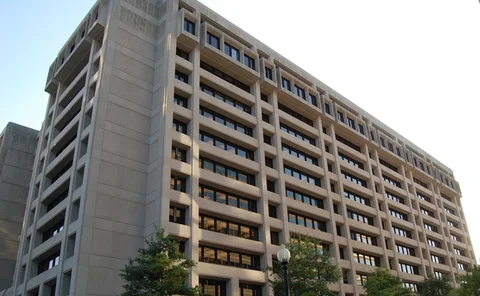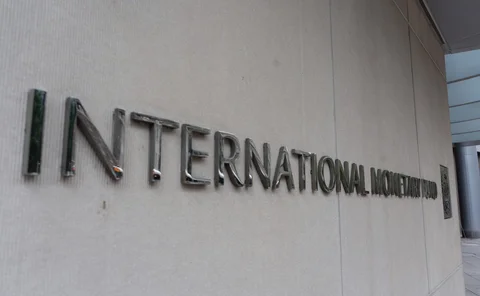Capital controls
Asset sell-off biggest threat to Chile’s financial stability – Marcel
Governor reiterates warning against further pension withdrawals
Argentine central bank freezes banks’ FX purchases
BCRA order comes amid a falling peso, IMF talks and mid-term elections
MAS and RBI to link up payment systems
New linkage will allow for automation of capital controls, say authorities
PBoC opens up wealth management to Hong Kong and Macau
China looks to shore up Hong Kong’s status as a financial centre amid concerns over security crackdown
Myanmar authorities shut banks amid growing crisis, report says
Private banks closed from August 16 to August 22 amid ongoing cash crisis, reports allege
US and IMF block Taliban access to Afghanistan assets
IMF will not allow Taliban to receive SDRs, while US freezes central bank reserves
The renminbi’s rise to prominence: focus report 2021
Central Banking explores the impact the addition of the renminbi to the SDR basket has had on internationalising the Chinese currency; central bank reserve managers share their views on including the renminbi in their portfolios; and we take a look at…
Digital revolution: perks of a global Chinese CBDC
Chinese central bank digital currency has the potential to boost the renminbi’s internationalisation further, but only if international investors have access.
China’s capital controls: here to stay?
With China’s share of the domestic central government bond market significantly increasing in just a few years, and the International Monetary Fund including the renminbi in its special drawing rights basket of currencies, China is enjoying growing…
Sri Lanka central bank imposes capital controls
Measure restricts exports of foreign currency as government faces debt challenge
China abandons cryptocurrencies under the PBoC (this time it’s for real)
New data centres set to be established to compensate provinces for lost crypto mining revenues
Cuba bars dollar cash deposits
Country struggling with sanctions as inflation spirals
US imposes sanctions on Myanmar central bank governor
Treasury targets new slate of senior officials in military regime
Myanmar central bank caps cash withdrawals
Officials claim measure is part of digital transition, while the military grows more violent
All that glitters – Surveying central banks on gold reserves
Key survey data and comments reinforce the main findings in Invesco’s central bank reserve management white paper on the revival of gold as a reserve asset.
IEO calls for IMF to rethink house view on capital controls
Independent review says 2012 reform was helpful but still suffers from shortcomings
BoE paper outlines ‘capital flows-at-risk’ framework
Methodology allows researchers to explore full distribution of “push” and “pull” effects on capital flows
Foreign exchange based macro-pru policies cut capital inflows – DNB paper
Data from 83 countries shows formal capital controls do not effectively reduce inflows – researchers
Iran’s race towards monetary policy reform faces high hurdle reality
The Majlis Research Center’s Tohid Atashbar says positive outcomes from the Iranian central bank’s fast-tracking of monetary policy reform – made in response to Covid-19 and US sanctions – may prove difficult to deliver
Capital controls less effective at curbing flows than macro-pru – BIS paper
Capital controls do not have significant impact on volume or composition of flows, authors find
Financial resilience may be tested further by Covid-19 – IMF
“Sudden stop” in credit markets could feed back to real economy, and requires a “forceful response”
RBNZ lowers banks’ core funding ratios
Central bank reduces ratio to 50% to support government’s crisis lending scheme
Bank of Thailand cuts interest rate to record low
Bank of Thailand cuts rate to all-time low and relaxes forex rules
What is behind China’s digital currency aspirations?
The PBoC sees CBDC as a means of riding the wave of digitisation, and potentially challenging the US dollar’s dominance, writes Hui Feng






















